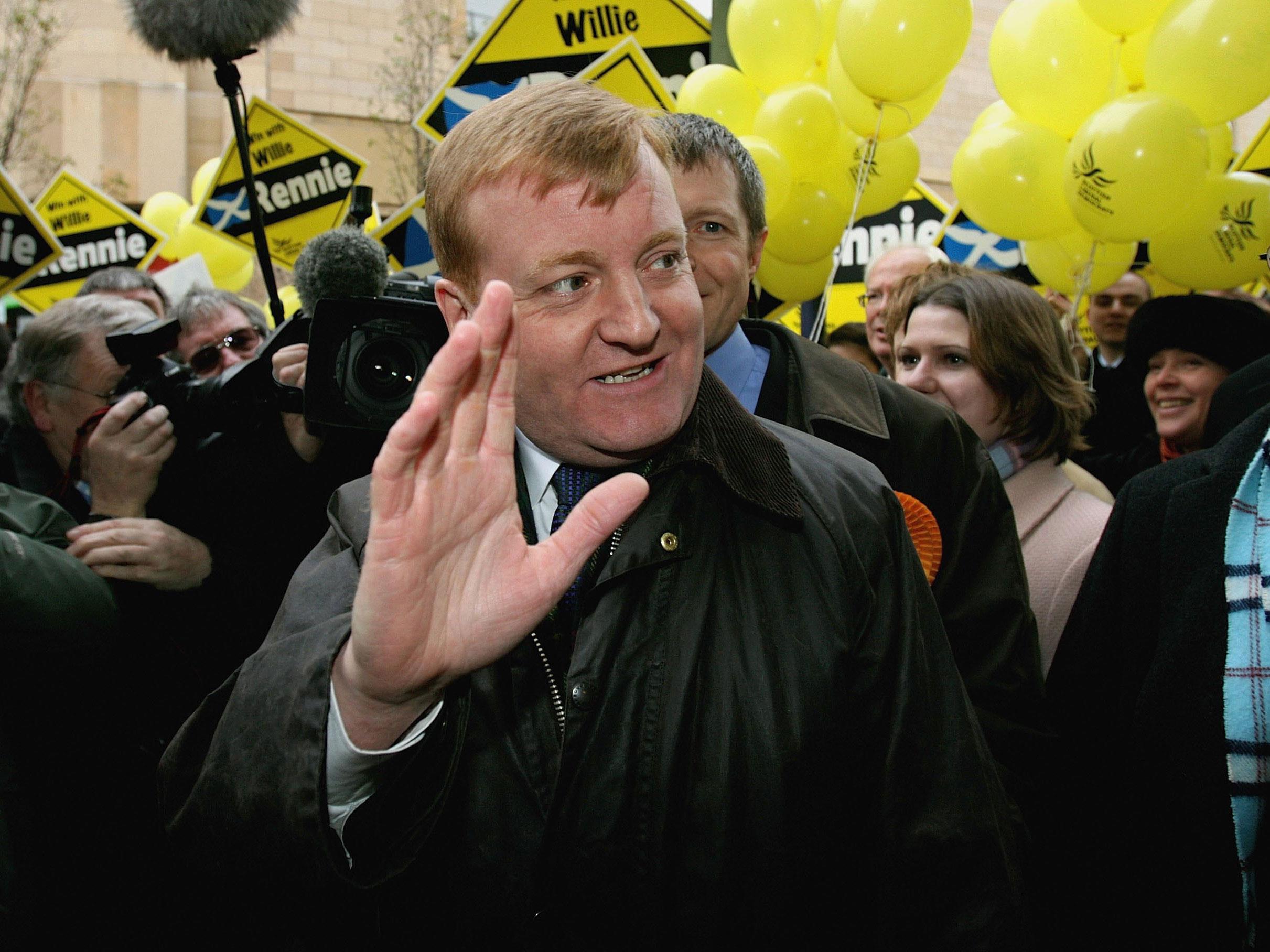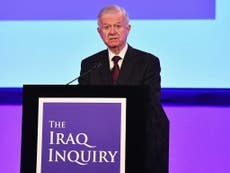The Chilcot report is a powerful vindication of my friend and mentor Charles Kennedy
It took real political courage to defy a braying house, hungry for war. If Charles was at his best, Parliament that day was at its bullying, blinded worst


There seemed to be many ghosts in the chamber yesterday – not least of the 250 Iraqis killed in the latest suicide attack, the 179 British service men and women who died in the Iraq War, and more than 100,000 Iraqi men, women and children who have perished as a result of the Blair-Bush invasion.
But there was another presence, too: that of my friend and mentor, the late Charles Kennedy. Now that it is received opinion that Iraq was a disaster, it is easy to forget what a lone voice Charles was when he stood up in Parliament as the only national party leader to oppose the war.
If Charles was at his best, Parliament that day was at its bullying, blinded worst. Nicholas Soames, drawing on his full weight as a former Defence Minister and grandson of Churchill, denounced Charles’s speech as “the best impression that I've heard of Neville Chamberlain in many, many years”.
The media around this time was even clearer. The Sun’s splash in a “Lib Dem special” issue was a photo of Charles next to a snake. The headline? “Spot the difference: one is a spineless reptile… the other’s a poisonous snake.” This produced a bulging post-back in Charles’s office, and it would be safe to say most was not complimentary.
Far from being spineless, it took real political courage to defy a braying House, hungry for war. I’m told that even some of Charles’s inner circle thought opposing war was too risky. With the Conservatives only complaining that the Labour government hadn’t started bombing already, the Commons consensus was that Charles should “grow up”.
Charles was far too mature to enquire afterwards who was left looking foolish. It wouldn’t have brought back the dead. Yet re-reading that speech, it is even more powerful now we know what followed.
Charles told MPs: "No matter how sophisticated modern technology, even compared with the last Gulf war, is it not more precise to have weapons dismantled in the presence of inspectors rather than so-called precision bombing trying to take them out?"
He was also criticised for his (correct) prediction that war would “cause a refugee crisis of huge proportions”. As someone who has visited refugee camps now scattered across southern Europe – and who has been fighting for 3,000 unaccompanied children to be allowed into the UK – I am painfully aware of just how right Charles was.
Some were uncomfortable that Charles addressed a massive anti-war rally in London. There were extremist fellow-travellers on that march, but Charles was very careful with his language and never once engaged in lazy anti-Americanism or personalised attacks. He stuck, forensically, to the argument.
And that was all the more powerful because Charles was so clearly a man of humanity. His position was not about focus groups or impressing newspaper magnates. He opposed the war because the case for it had not been made, and because he actually understood what war would mean – all the people who were going to die.
That was typical of Charles. When I was just a parliamentary candidate, I had lost my mother young to a pretty horrific illness. Charles knew all about it and showed immense compassion, and continued to do so.
The best advice Charles ever gave me was: “Be yourself.” He always was. It would have been so easy to have gone along with the group-think of the other parties.
He was a sensitive man; he took no satisfaction from being demonised. But as I watched Tony Blair spend almost as many words as Sir John Chilcot himself and fail, fundamentally, to apologise for the conflict in Iraq, I am reminded all over again that it was Charles who displayed the moral bravery.


Join our commenting forum
Join thought-provoking conversations, follow other Independent readers and see their replies